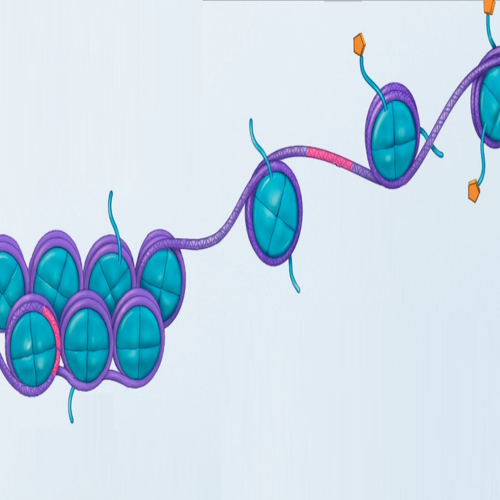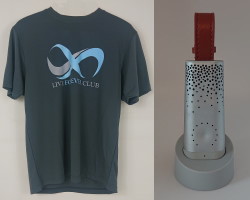Key points from article :
A new epigenetic clock has been proposed for the creation of novel anti-aging drugs.
Epigenetic clocks analyse changes in gene expression to measure biological age.
Scientists created a clock that would measure minor epigenetic changes in cultured cells to use them as a yardstick for the creation of novel anti-aging drugs.
No existing clock is suited to measure anti-ageing drug potential in human primary cells.
Human dermal fibroblasts were used to look for methylation sites and build CellAgeClock.
The novel clock had been tested on 26 samples and gives accurate results.
CellAgeClock confirmed the rejuvenating power of existing pro-longevity drugs such as rapamycin.
Will make the process of discovering new anti-aging drugs faster and cheaper.
Research by Queen Mary University of London published in bioRxiv.







